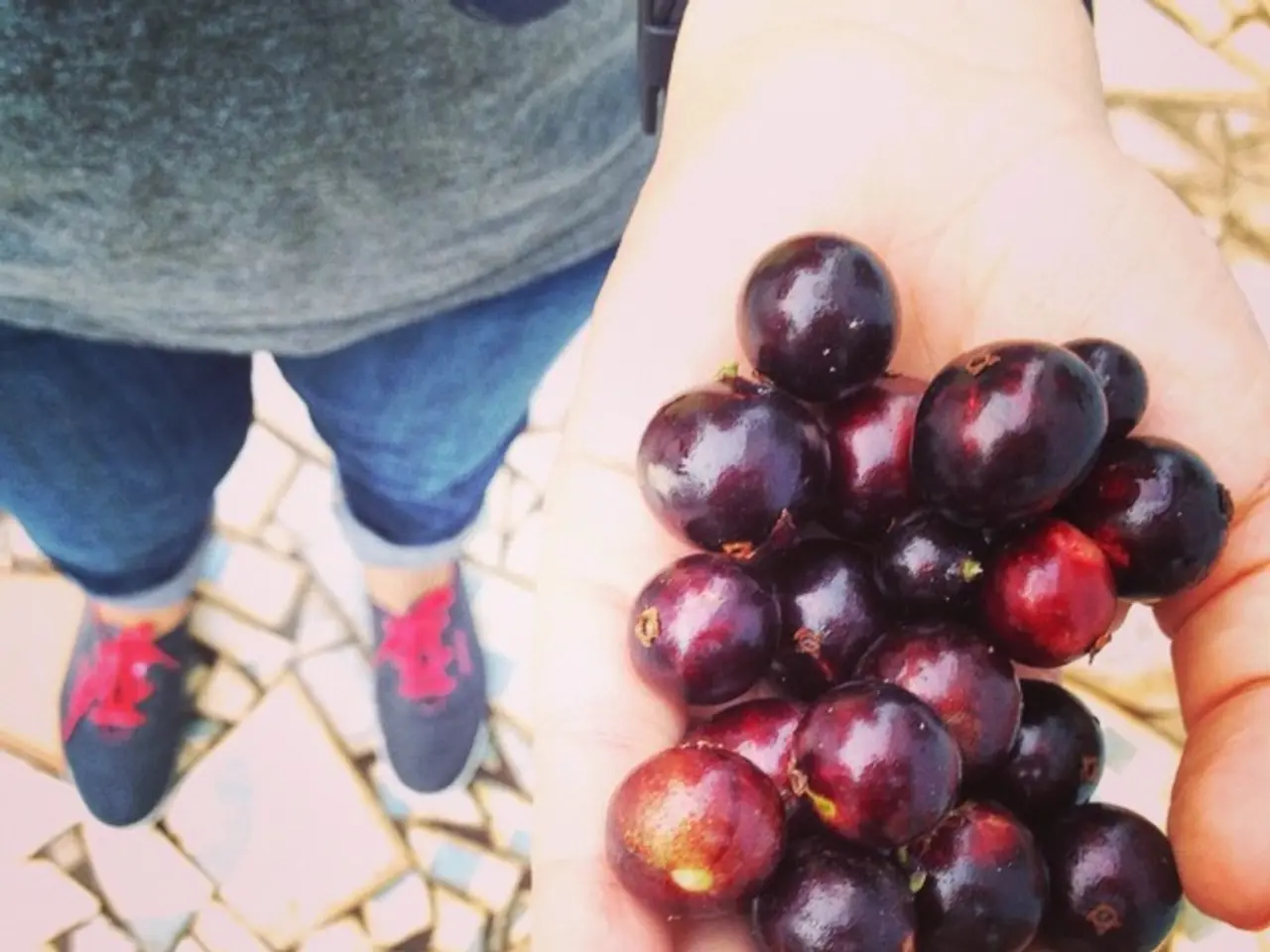Consuming Grapes and Raisins are Harmful to Cats
=========================================================
Grapes and raisins may seem like harmless treats for us, but they can pose a significant risk to our feline friends. As obligate carnivores, cats require a meat-based diet to thrive, and grapes should be avoided in their diet due to their potential toxicity.
The exact toxic compounds in grapes and raisins that pose a threat to cats are not fully understood, but they can lead to acute kidney damage. Symptoms of grape poisoning in cats include vomiting, diarrhea, lethargy, decreased appetite, abdominal pain, changes in thirst and urination, and signs of renal failure such as increased blood urea and creatinine levels.
While not every cat may react the same way, the risk is significant enough that veterinarians and pet poison helplines advise avoiding grapes altogether. If a cat has ingested grapes or shows symptoms of poisoning, immediate veterinary attention is crucial to prevent severe kidney damage or failure.
So, what can you give your cat as a treat instead? Small amounts of certain fruits and vegetables like carrots, apples (without seeds), and cucumber are recommended, as well as pet-safe commercial treats designed specifically for cats to avoid toxicity risks. It is important to ensure any treat is safe and suitable for feline digestion and nutrition.
It's best to keep grapes out of reach for cats as they do not naturally crave them. Remember, it's always best to consult with a veterinarian before making any changes to your cat's diet.
In addition to grapes, some common human foods like dairy products, white chocolate, and other unspecified human foods can also be harmful to cats. Always consult with a vet before sharing your food with your feline friend.
This article was created in conjunction with AI technology, fact-checked, and edited by a website editor. If you suspect your cat has ingested grapes or is showing signs of poisoning, immediate action should be taken by contacting a vet or animal poison control.
References:
[1] ASPCA. (n.d.). Grapes and Raisins Toxic to Cats and Dogs. Retrieved from https://www.aspca.org/pet-care/animal-poison-control/toxic-and-non-toxic-plants/grapes-and-raisins
[2] VCA Hospitals. (2021). Grapes and Raisins Toxicity in Cats. Retrieved from https://vcahospitals.com/know-your-pet/grapes-and-raisins-toxicity-in-cats
[4] Hill's Pet Nutrition. (n.d.). Safe Fruits and Vegetables for Cats. Retrieved from https://www.hillspet.com/cat-care/nutrition/cat-food/safe-fruits-and-vegetables-for-cats
[5] Pet Poison Helpline. (n.d.). Grapes and Raisins Toxicity in Cats. Retrieved from https://www.petpoisonhelpline.com/poison/grapes-raisins/cats/
- Technology can bring advancements in health-and-wellness, such as wearable devices that monitor pets' vital signs, ensuring their overall wellbeing.
- Science has shown that technology plays a significant role in sustainable science, like using genetically-modified plants to create a healthier environment for pets and promoting a greener lifestyle.
- Choosing a lifestyle that prioritizes pets' needs involves feeding them nutritious foods, including vegetables like carrots, apples without seeds, and cucumber, as recommended by science and pet-focused industry leaders like veterinarians and pet nutrition experts.




